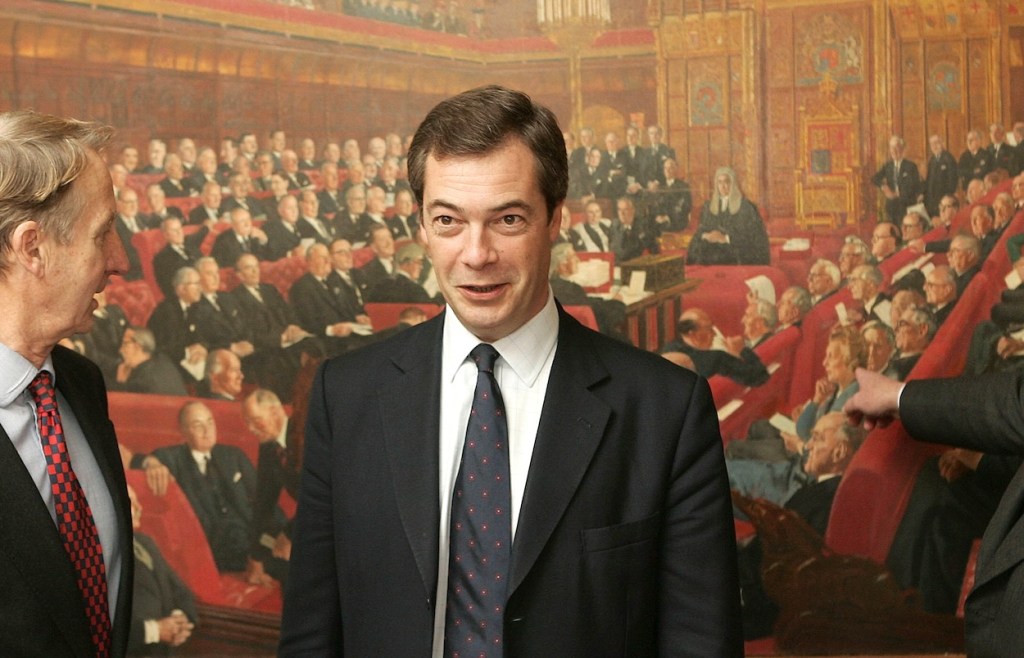‘The UK’s first ever gay dating show is louder, prouder, and more irresistible than ever,’ says the BBC about I Kissed A Boy. But things on the BBC Three reality dating show aren’t what they seem. Amongst the gaggle of young gay men this time around is Lars: a 23-year-old hotel receptionist from Wolverhampton, who is, in fact, a woman. Yes, what was basically Love Island without women in its first series is now, in series two, like Love Island.
Can’t the gays just be left alone to have a dating show of their own?
‘I‘ve been through 16 years of my life as a girl. It’s aged me, but in a good way,’ says Lars, who says they/them ‘felt like a gay guy trapped in a woman’s body.’ What on earth that means, and how she could possibly know, is anybody’s guess.
Can’t the gays just be left alone to have a dating show of their own? Unfortunately, it seems that for our TV class, I Kissed A Boy isn’t progressive enough, so it needed a woman in it.
To me, this looks like coercion disguised as ‘good manners’ – don’t kick up a fuss; just go along with it. What does it matter? Don’t be horrible. You wouldn’t want anyone to think you were a nasty person…
But gay men shouldn’t have to put up with it. It’s not fair that one of the other contestants might be placed in the awkward position of matching with someone who was born female, let alone doing so in full public view.
There is also the reasonable suspicion that this is merely a softening up exercise for a second series of lesbian sister show I Kissed A Girl, which will inevitably have a bloke in it.
In our supremely enlightened age, it seems that gay people can be whatever they want to be. Even straight girls can be gay boys. Is I Kissed A Boy‘s ‘inclusive’ cast a sign of progress? I’m not convinced. The idea that British TV is prejudiced and nasty, or ever was, is very silly. TV has always been stuffed with liberals and progressives, behind and often in front of the cameras.
Yes, back in the 1970s there were stereotypes, not least in comedy. But mostly these were born of a particular moment that has lingered long in our collective cultural consciousness. Those comedy characters who popped up in shows in the early-to-mid 1970s were of a specific era, caught between old standards and new sexual freedoms. Even by the late 1970s, these depictions were creaky and passé.
True, there were no lesbian or gay regular characters in soaps, or any such heroes in other drama before the 90s. But I’ve watched a lot of old TV – I still do – and I’m very frequently surprised by guest characters and storylines. Upstairs, Downstairs managed to pack in several such stories in its run from 1971 to ’75.
Crime drama, particularly from ITV, has gays galore. The XYY Man is an incredibly scuzzy series about a cat burglar – it’s basically The Wire made by Granada in 1976 – that features bruiser Leslie Schofield as a gay ‘glamour’ photographer in Soho, along with Corrie’s Alec Gilroy (Roy Barraclough) as a marvellously eccentric rat catcher.
The Gentle Touch features episodes about a gay teen runaway who commits murder in a moment of panic, and a study of assisted suicide that just happens to be about a lesbian couple. Minder has a very ordinary gay couple in 1980. You’ll find these stories even further back and in the unlikeliest places: there’s an episode of thriller It’s Dark Outside from 1964 featuring Jerome Willis as a tough nut gay gangster.
Even comedy has its moments; there is a gay couple, totally accepted, in the pub in Til Death Us Do Part. Some very anodyne jokes about the gay friends of the central trio in an episode of Man About The House mean that the characters get cut almost completely from the version you can stream on ITVX. How advanced!
And there is, besides, almost never any active malice in comedic depictions of gay men on old TV. This is hardly surprising: why would there have been, given the rich tradition of gay men in showbusiness?
Half a century later, I Kissed A Boy – for all its ‘progressive’ credentials – is a very different scenario. The men selected for the exercise are all painfully similar; the contestants do the usual reality TV contestant thing of pretending to be stupider than they are. But, what’s worse, is the inclusion of Lars.
There has been so much political blather about the practice of gay conversion therapy. But it is no exaggeration to say that I Kissed A Boy looks like actual conversion practice in reality. Gay contestants on the show might find themselves in a position where they feel pressured to disown their sexuality, courtesy of our wonderful state broadcaster. It is grotesque, and seems more homophobic than anything ever seen before on British TV.








Comments